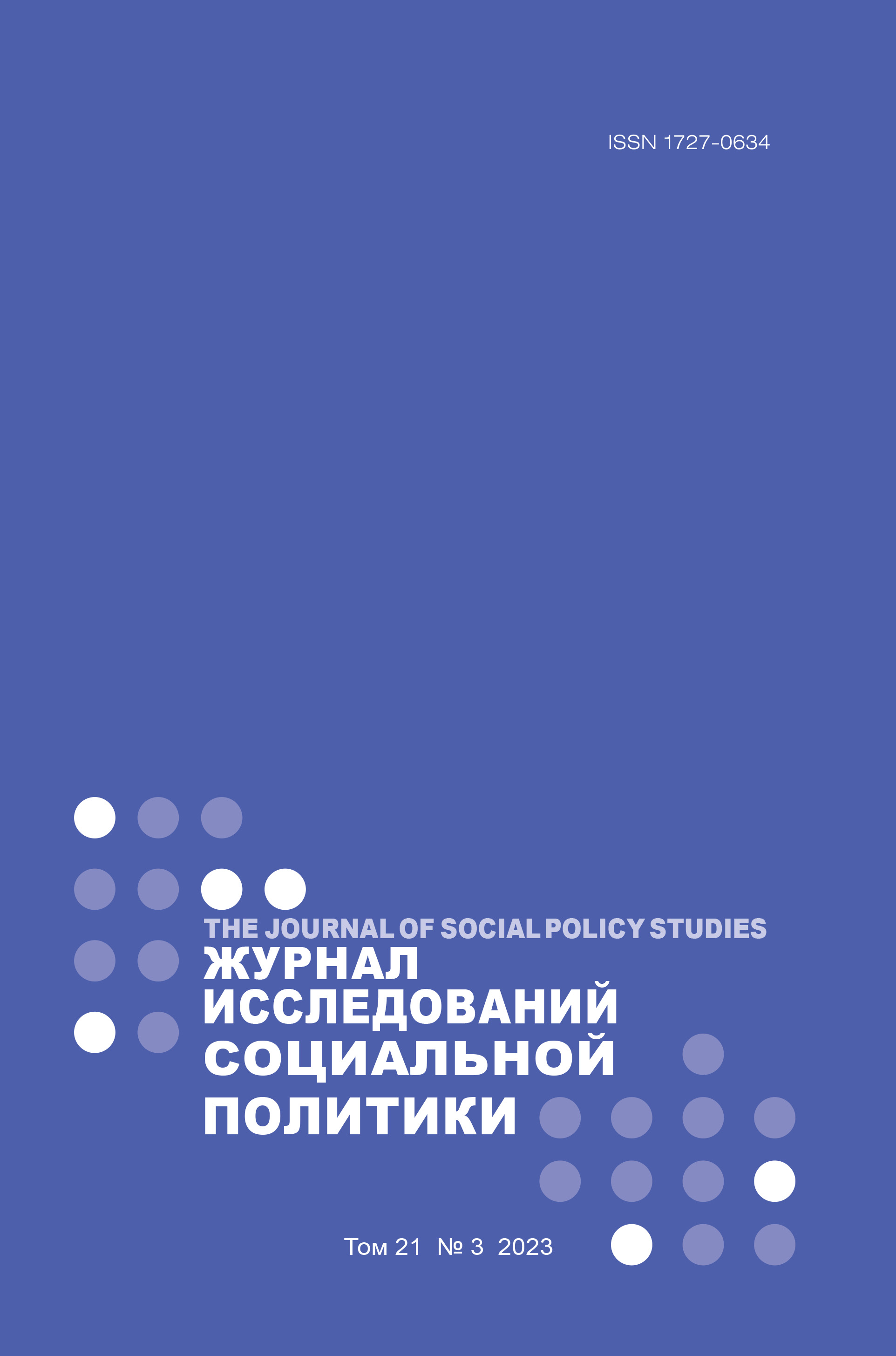Paths of Extended Employment among Intellectual and Creative Workers Aged 60 and Above
Abstract
This article explores the employment of people aged 60 and over. Participation in the labor market is one of the ways of inclusion in society and an important part of the concept of active aging. However, the Active Aging Index (AAI) is limited to measuring the number of employed elderly. In this regard, it overlooks the individual meanings, barriers, and inequalities that determine the pathways to extended (or terminated) employment beyond the retirement age. The development of flexible and remote work models, combined with digitalization, is creating new opportunities, although they often require new skills. We considered extended employment as a way to engage and realize the potential of older people. We are interested in how employment changes with age, what individual meanings it has, and what barriers arise. The study has shown that the employment of people of retirement age in intellectual and creative work is stable – these people do not problematize their retirement status and continue to work in the same positions. Nevertheless, the transformations of certain individual paths of the informants suggest that there is a changing and flexible employment, in which the usual format is substituted or supplemented with part-time work, project work and new forms of activity. For people over 60, the extension of employment has a complex meaning, including economic and psychosocial perspectives. The main barriers to extended employment are health and the need to care for family members. The issue of age discrimination is not relevant for older workers if they have a unique/rare set of skills or occupy positions that young people are not interested in. Where workers aged 60 and over have experienced ageism, it has been distinctly exclusionary, ranging from dismissal or refusal of employment to pay cuts and reduced working hours. Intellectual and creative occupations require constant skill upgrading and self-education, which increases competitiveness but also exacerbates the inequalities. The development of technologies and remote work models (especially during the pandemic) has exacerbated the issue of digital inequality, especially for people in creative occupations, which previously did not suggest active use of new technologies.















